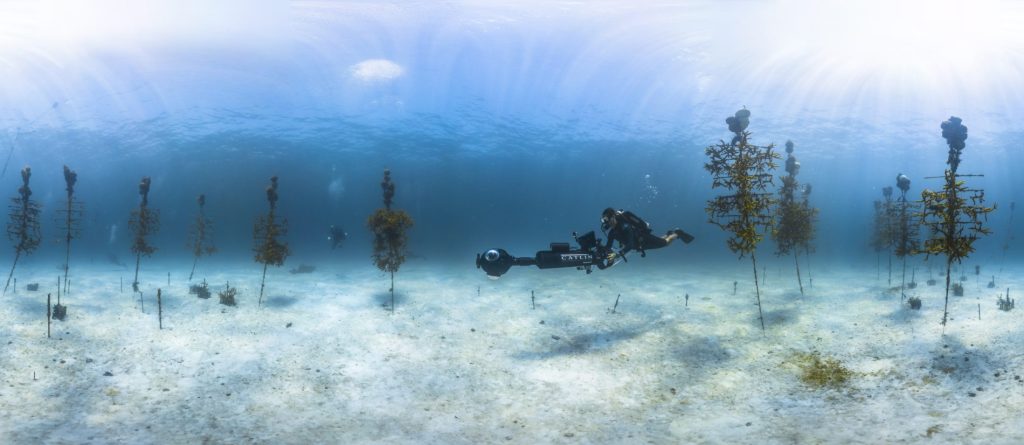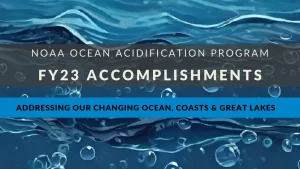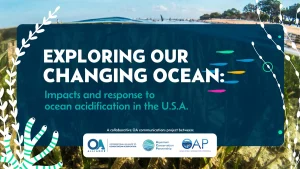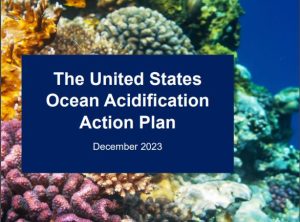COMMUNITY OF PRACTICE, GOA-ON HUB, AND COASTAL ACIDIFICATION NETWORK
There is a significant need to strengthen capacity for research, monitoring, and adaptive solutions for ocean acidification resilience and associated multi-stressors in the Caribbean region. The Caribbean Ocean Acidification Community of Practice (CoP) endeavors to explore the impacts of ocean acidification on important ocean and coastal areas, such as coral reefs, ecosystem and human health, and socio-economic activities within the region. Other efforts by NOAA and partners in the region are to stand up a Caribbean Coastal Acidification Network (CAN) and create a GOA-ON Hub.
To determine the needs of the local communities, the CoP is working with The Ocean Foundation to facilitate a Needs Based Assessment Survey. The goal of the survey is to better inform policymakers and funding agencies in the region about OA and identify pathways for long-standing community structures such as a Coastal Acidification Network and GOA-ON Hub. This survey also helps self-identify leaders within the communities to carry these efforts forward. The survey will be open until April 21, 2023. The CoP aims to report on survey results via email and at local conferences (i.e. AMLC Meeting in St. Kitts May 22-26, 2023). If you have any questions about the survey, please contact Alexis Valauri-Orton (avalauriorton@oceanfdn.org).
History of the Community of Practice
The creation of the CoP follows the UNESCO Intergovernmental Oceanographic Committee Assembly in summer 2021 and the accepted Sub-Commission for the Caribbean and Adjacent Regions (IOCARIBE) Decision.
The CoP’s effort will contribute to the UN Decade for Ocean Science for Sustainable Development, and UN Sustainable Development Goal Target 14.3 (“Minimize and address the impacts of ocean acidification, including through enhanced scientific cooperation at all levels”). This community will also help tie together various intergovernmental bodies, academics, researchers, and administrators around the challenges of the global scale problem of OA and the impacts on small island’s local marine resources, economies, and ecosystem health.
Currently the CoP consists of a core task team of members from the USA (i.e. NOAA Ocean Acidification Program, NOAA’s OAR International Activities Office and The Ocean Foundation) and the Caribbean (i.e. University Partners, Government Representatives, Non-profit/NGOs).






